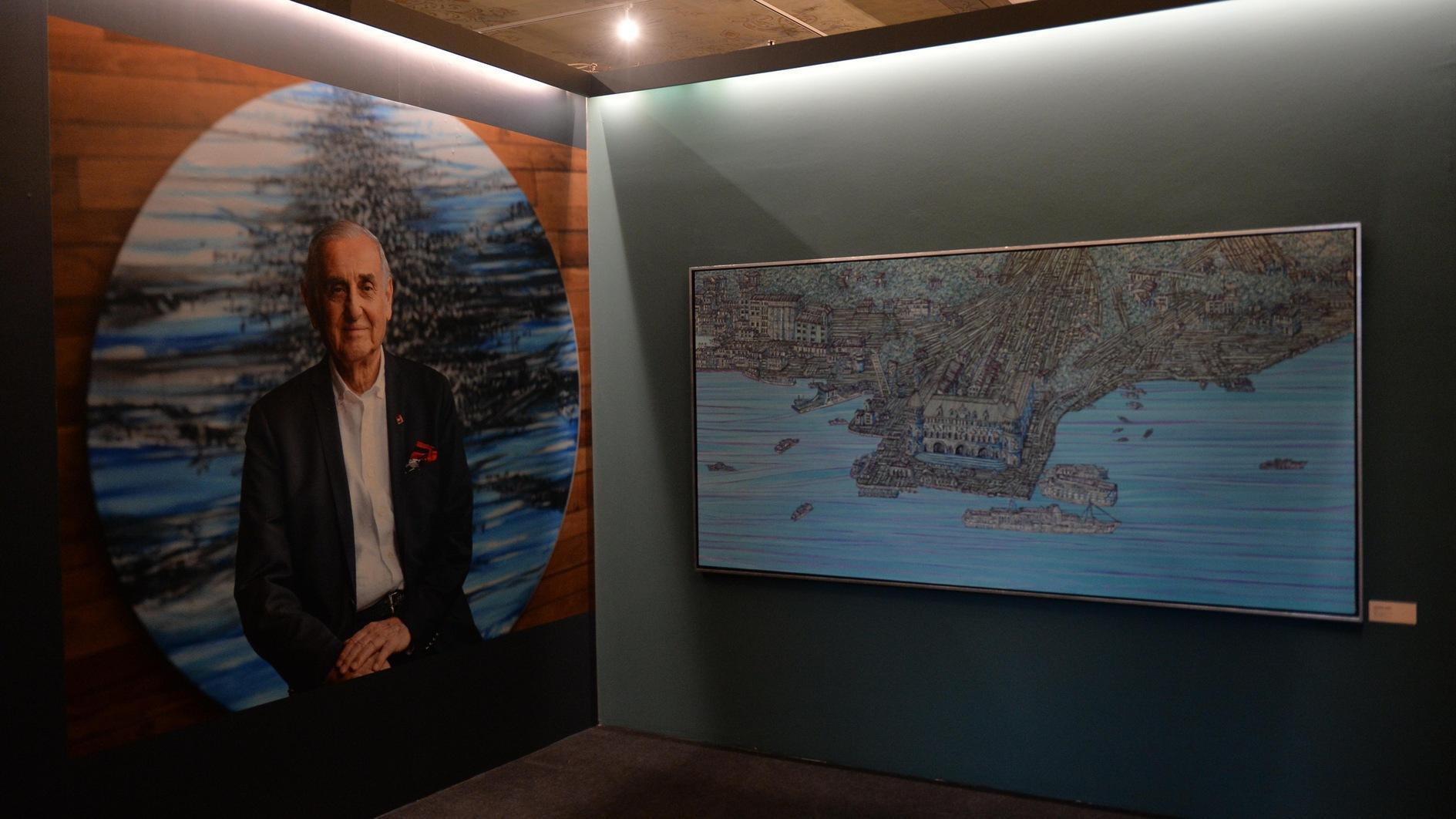PM Davutoğlu attacks ‘parallel state’ again after panel vote on graft
ANKARA

Turkish Prime Minister Ahmet Davutoğlu speaks at his party's parliamentary group meeting. AA Photo
Turkish Prime Minister Ahmet Davutoğlu continued his verbal attacks against the Gülen movement one day after ruling party deputies on a parliamentary commission elected not to send four ex-ministers to trial at the Supreme Council, in the face of corruption allegations.“No matter what the commission’s decision had been, what we experienced last year - and before that when our MİT [National Intelligence Organization] undersecretary’s was unlawfully summoned on Feb. 7, 2012 - the Gezi provocations, the Dec. 17 and 25 [2013] provocations, the Jan. 19 [2014] operation on MİT trucks and the March 27 [2014] wiretapping of the Foreign Ministry: You should have no doubt that this entire process was a coup process, it was the process of building tutelage. We stood tall against this process,” Davutoğlu told his ruling Justice and Development Party (AKP) deputies on Jan. 6, a day after the vote.
Echoing President Recep Tayyip Erdoğan, Davutoğlu made the comments during his first address to deputies since the vote at the first parliamentary group meeting of 2015.
In line with the government's stance that followers of the U.S.-based Islamic preacher Fethullah Gülen have been accused of staging a coup attempt against the ruling Justice and Development Party (AKP) government, Erdoğan has also argued that the prosecution of the ministers would harm the party’s oft-repeated line that both the Dec. 17 and the Dec. 25 probes were actually part of the coup plot hatched by the Gülen movement to topple the government.
“There should be no doubt at all that a coup attempt has failed and those who initiated this coup attempt are both embarrassed and charged today before history and the nation,” Davutoğlu said.
“We would respect the investigation commission’s objective report and our Parliament’s evaluation. Throughout this process and from now on we will continue on our way with a definite resolve. What’s more, we will continue in full unity,” he added.
It has been reported that the prime minister and his inner circle believed that sending the former ministers to the top court could benefit the AKP in the run-up to parliamentary elections in June as it would provide an opportunity for the figures to absolve themselves. Supporters of this view also believed that the absence of any judicial process would cast a shadow over the entire party even if the former ministers are innocent.
However, the nine commission members from the AKP ultimately voted against sending the four in question to the Supreme Court.
Despite the vote, the quartet could still be sent to the top court following a final vote in Parliament’s General Assembly after the commission submits its report.
“Throughout this process, we never interfered in the commission in any way. We never influenced any commission member in this or that direction,” Davutoğlu said, while slamming opposition members of the commission for divulging their votes.
The commission featured nine lawmakers from the AKP, four lawmakers from the main opposition Republican People’s Party (CHP) and one lawmaker from the Nationalist Movement Party (MHP). One member of the commission from the Peoples’ Democratic Party (HDP) withdrew earlier, citing a court’s ban on publishing the testimonies at the panel.
“Nobody can call on the AK Parti with regard to conscience and justice. In politics, the AK Parti itself is conscience and justice. It itself means reform and struggle against corruption; it is us who will decide when and what to do, and when and which caution to take,” Davutoğlu said, warning that nobody should try to manipulate the party by acting like “sly foxes.”
In his opening remarks in which he listed a series of events that he bundled together as a plot against the AKP government, Davutoğlu referred to a prosecutor’s initiative to stop and investigate trucks heading to the Syria border in January 2014, citing a possible arms transport. The government slammed the prosecutors and soldiers involved in the operation, arguing that both the truck and the personnel were protected by MİT’s legal immunity. Speculation has been rife that the arms were destined for jihadists in Syria.
The government also cited the incident as an example of how members of the “parallel structure” had infiltrated the judiciary and security forces, referring to the Gülen movement.
In February 2012, a crisis erupted after a specially authorized prosecutor summoned MİT Undersecretary Hakan Fidan and four other MİT officials to testify in the ongoing investigation into the Kurdistan Communities Union (KCK), a supra organization that includes the outlawed Kurdistan Workers’ Party (PKK), on the grounds that some MİT members who had infiltrated the KCK had exceeded their authority in their duties.
Fidan participated in talks between MİT officials and representatives of the PKK at a time when he was a special adviser to then-Prime Minister Recep Tayyip Erdoğan. The discussion was held abroad between 2009 and 2011 in a series of meetings publicly known as the “Oslo talks.” The talks collapsed after a PKK attack killed 13 soldiers near Diyarbakır in July 2011.
















